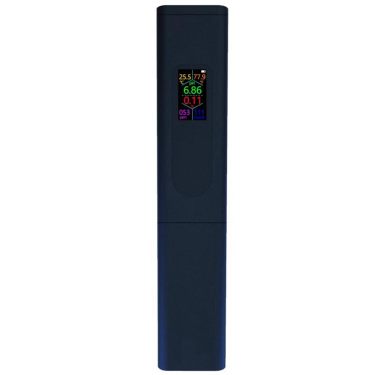
# Pool Thermometer: Essential Tool for Water Temperature Monitoring
## Why a Pool Thermometer is a Must-Have for Every Pool Owner
A pool thermometer is one of those small but essential tools that every pool owner should have. Whether you have an inground pool, above-ground pool, or even a hot tub, knowing the exact water temperature can significantly enhance your swimming experience and help maintain your pool properly.
## The Importance of Monitoring Pool Water Temperature
Maintaining the right water temperature is crucial for several reasons:
– Comfort: Water that’s too cold or too hot can make swimming unpleasant
– Safety: Extreme temperatures can pose health risks
– Chemical efficiency: Many pool chemicals work best within specific temperature ranges
– Energy efficiency: Knowing the temperature helps optimize heating costs
Keyword: pool thermometer
## Types of Pool Thermometers
There are several types of pool thermometers available on the market:
### 1. Floating Thermometers
These are the most common and affordable options. They float on the water’s surface and provide a quick temperature reading.
### 2. Digital Thermometers
Digital models offer precise readings and often come with additional features like memory functions or wireless capabilities.
### 3. Infrared Thermometers
These non-contact thermometers can measure surface temperature instantly but may be less accurate for water temperature.
### 4. Smart Thermometers
Advanced models can connect to your smartphone or home automation system, allowing remote monitoring.
## How to Choose the Right Pool Thermometer
When selecting a pool thermometer, consider these factors:
– Accuracy: Look for thermometers with ±1°F accuracy
– Durability: Choose models resistant to pool chemicals and UV rays
– Readability: Ensure the display is clear and easy to read
– Mounting options: Decide if you want floating, wall-mounted, or handheld
– Additional features: Consider extras like maximum/minimum temperature recording
## Proper Use and Maintenance
To get the most accurate readings from your pool thermometer:
– Place it in a representative area of your pool (not near returns or skimmers)
– Allow sufficient time for the thermometer to adjust to water temperature
– Clean it regularly to prevent buildup that could affect readings
– Store it properly when not in use (especially in winter)
– Replace batteries in digital models as needed
## The Science Behind Pool Temperature
Water temperature affects more than just comfort. Warmer water:
– Increases evaporation rates
– Accelerates chlorine dissipation
– Promotes algae growth
– Affects swimmer safety (risk of overheating)
Conversely, colder water can make swimming uncomfortable and potentially dangerous for extended periods.
## Conclusion
A reliable pool thermometer is a small investment that pays off in better pool maintenance, improved safety, and enhanced swimming enjoyment. Whether you opt for a simple floating model or a high-tech smart thermometer, regularly monitoring your pool’s temperature will help you make informed decisions about heating, chemical treatment, and usage patterns. Don’t overlook this essential tool in your pool maintenance toolkit!